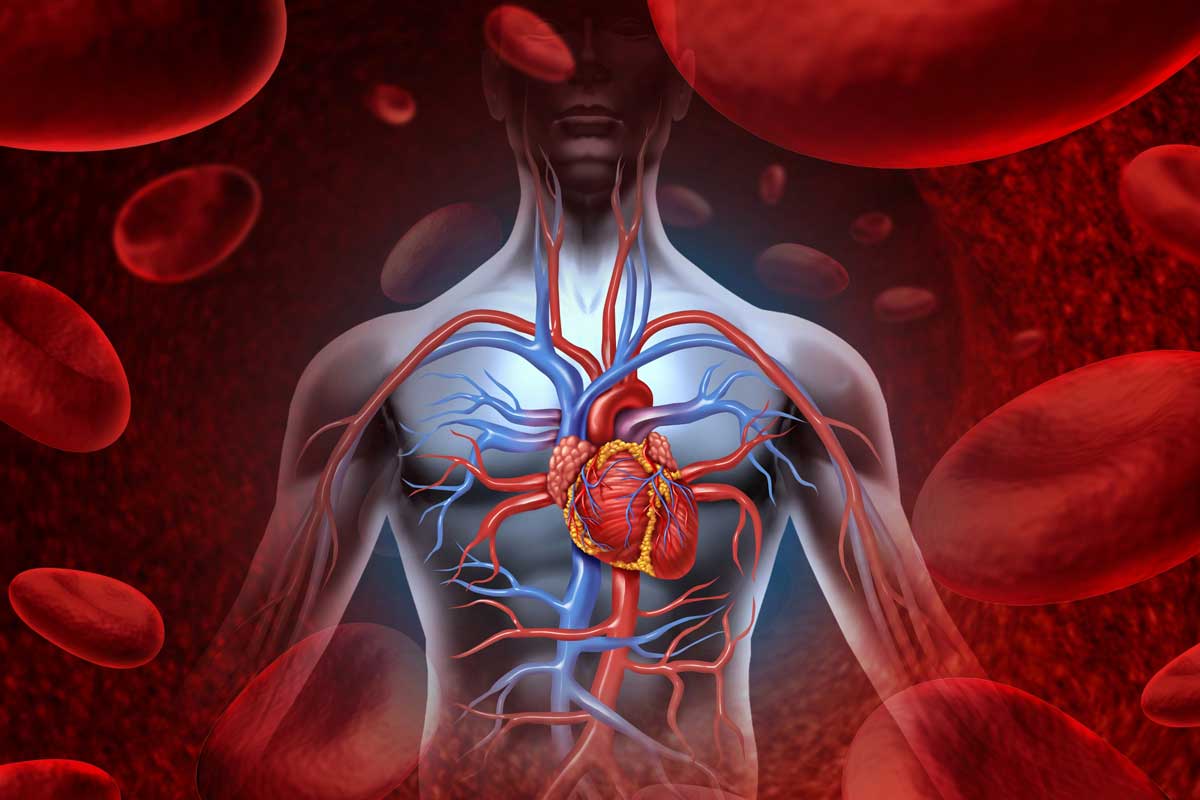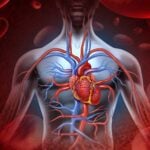Why is Cholesterol Important in the Body?
This post may contain affiliate links. Read my full disclosure here.
I’ve talked about ways to naturally reduce cholesterol, but it isn’t the boogeyman that the drug companies make it out to be. People seem confused about what it is and what it does, so I wanted to take a minute to explain why cholesterol is important.

Table of contents
What is Cholesterol?
Cholesterol is a waxy, fat-like substance found in every cell of your body. It is not good or bad – unless it’s oxidized (damaged). Then it can cause problems.
Otherwise it’s just a specific form of lipid (fat). Some studies have even shown that people with high cholesterol levels live longer.
In truth, cholesterol is absolutely essential to good health and used for many functions in your body.
Why is Cholesterol Important?
Your body needs cholesterol to build cell membranes, produce hormones, make vitamin D, and other critical functions.
Hormone Production: Many hormones your body relies on, such as estrogen, testosterone, and cortisol, are synthesized using cholesterol. These hormones regulate everything from your stress response to your reproductive health.
Vitamin D Synthesis: When your skin is exposed to sunlight, cholesterol helps convert the sun’s rays into vitamin D, which is essential for bone health, immune function, and overall well-being.
Digestive Health: Cholesterol is also needed to produce bile acids, which help your body digest and absorb fats and fat-soluble vitamins like A, D, E, and K.
Building Blocks of Cells: Cholesterol plays a key role in maintaining the integrity and fluidity of cell membranes. It helps your cells communicate with each other and allows nutrients and waste to pass in and out. Without it, your cells wouldn’t function as they should.
Cholesterol works to repair damage due to stress, poor diet, toxin exposure and other other health challenges.
The brain contains 20-25% of the body’s total cholesterol, most of which is found in the myelin sheaths protecting nerve cells. (This is likely why cholesterol lowering drugs have been linked to dementia.)
A Delicate Balance
Cholesterol travels through your bloodstream in packets called lipoproteins. There are two main types of cholesterol:
Would you like to save this?
- Low-Density Lipoprotein (LDL): Often called “bad cholesterol,” LDL can build up in your artery walls, leading to plaque formation and an increased risk of cardiovascular disease and stroke.
- High-Density Lipoprotein (HDL): Known as “good cholesterol,” HDL helps remove excess cholesterol from your bloodstream and carries it back to the liver for disposal.
While LDL and HDL are both crucial, it’s their balance that matters most. Too much LDL and too little HDL can lead to health problems. Your total cholesterol numbers are important, but doctors often look at the ratio of LDL to HDL to get a clearer picture of your risk of heart disease.
The thing is, we need to remember what cholesterol does. It is trying to repair the cells and keep them communicating. You’re getting plaque buildup because repair mode is on the turbo setting. Your body is trying to prevent that heart attack or stroke, not cause it.
As Dr. Kate says in the book Vitamin K2 and the Calcium Paradox, “blaming cholesterol for heart disease is a lot like blaming firefighters for a fire“.
Instead, we should look at ways to reduce the inflammation, i.e., put out the fire. This will help our bodies heal and reduce cholesterol naturally.
The Goldilocks Zone – Not too High and Not to Low
High cholesterol, particularly elevated LDL levels, is linked to a condition called atherosclerosis. This is when fatty deposits build up in your blood vessels, making them narrow and less flexible. Narrow, stiff vessels contribute to high blood pressure. If a blood clot forms, it can block blood flow entirely, causing a heart attack or stroke.
On the flip side, extremely low cholesterol levels can also be problematic. Your body might struggle to produce enough hormones or bile acids, which can impact various functions. This is rare but worth noting.
Does Eating Cholesterol Raise Cholesterol Levels?
For some time, eating foods high in cholesterol has been demonized in the United States. Now the tide is finally turning, as multiple studies have shown that dietary cholesterol has little impact on blood cholesterol levels.
In most people, our livers produce about 85 percent of the cholesterol in our bodies, and 15 percent comes from diet.
The study, “Rethinking dietary cholesterol” notes:
The European countries, Australia, Canada, New Zealand, Korea and India among others do not have an upper limit for cholesterol intake in their dietary guidelines. Further, existing epidemiological data have clearly demonstrated that dietary cholesterol is not correlated with increased risk for CHD (coronary heart disease).
Next time you see an ad demonizing cholesterol, think twice, because our bodies need it to function. The statin meds they keep selling also have a long list of side effects.

This article is written by Laurie Neverman. Laurie is a lifelong learner with a passion for natural remedies and holistic healing. She’s successfully improved her eyesight and cleared her psoriasis.


thanks. this is very informative and refreshing
You’re welcome.
Thank you for your COMMON SENSE newsletter.
I have enjoyed it for about a year.
This article on cholesterol is much appreciated.
Do you have a link to how you improved your eye 👁️ sight?
Yep. Check out the article, “How to Improve Vision Naturally“.
I was having issues with floaters, lightning, cataracts, and the need for a stronger prescription, and turned things around.